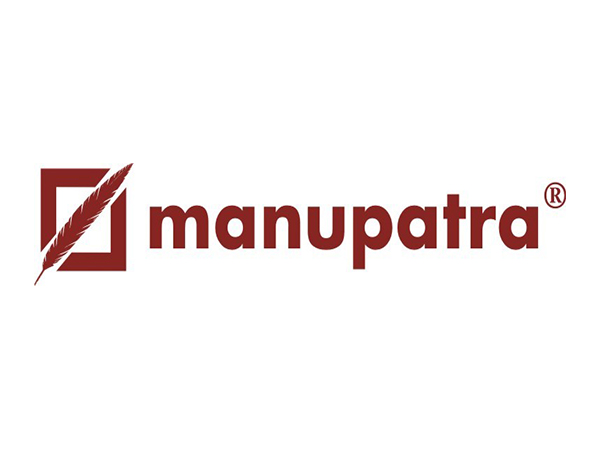New Delhi [India], June 2: Manupatra has long been a catalyst for legal tech innovation in India. Our continued engagement with legal professionals and students enables us to closely observe how emerging technologies are shaping legal workflows across the country.
Artificial intelligence has steadily woven itself into daily operations, transforming personal habits and workplace processes alike. In law, AI tools have offered real value—accelerating research, aiding in drafting documents, and improving the management of cases and contracts. Yet, concerns persist, particularly around instances where AI has generated fabricated legal content that went unchecked.
To assess the current landscape, Manupatra conducted a first-of-its-kind national survey to evaluate how AI is being used within the Indian legal ecosystem. This study gathered input from professionals and law students to better understand adoption levels, challenges, and the necessary safeguards for responsible implementation. These insights are vital for empowering the legal community and informing decision-makers.
Manupatra now presents the findings in its report titled “Adoption of AI in the Indian Legal Landscape,” based on responses from 227 participants, including students, advocates, in-house counsel, firm partners, academics, and judges from across India.
Key Findings:
Young, Tech-Savvy Respondents: 60% of survey participants were between 18 and 34 years of age. Law students (36.6%) and advocates (23.8%) were the largest groups, showing strong interest in AI from early-career professionals.
Early Signs of Use: About 60% had already used AI tools within the past year, with top applications being legal research (77.9%), summarization (65.7%), and drafting (54.7%).
Efficiency Gains Tempered by Caution: While 79.7% reported time saved on routine tasks, only 4.1% expressed full trust in AI-generated outputs. Nearly half (48.8%) stated they always review AI content before use.
Common Roadblocks: 58.1% experienced issues with inconsistent quality, 51.2% encountered hallucinated data, and 42.4% noted that most tools lack relevance to Indian law.
Governance Gaps: Although 77.1% believe AI use should be disclosed in legal work, only 11% said their firms had formal policies addressing AI use.
Key Challenges Noted:
Inaccurate Output (58.14%): Respondents highlighted errors and misleading AI-generated results as a top concern.
Confidentiality & Security (47.67%): Many expressed unease over data privacy and the risk of disclosing sensitive client information.
Lack of Local Legal Context (42.44%): AI platforms often fail to reflect the specific needs and intricacies of Indian law.
Ethical and Legal Accountability (38.37%): Professionals voiced concerns about bias, responsibility, and ethical use in client matters.
Training and Awareness Limitations (40.12% & 34.30%): Many cited insufficient training and low tool familiarity as obstacles to adoption.
Future Outlook & Expectations:
AI Adoption Timeline: 35.68% expect AI to become a standard legal tool within 1–2 years, while only 3.96% believe full adoption will take over five years.
Careful Optimism: 46.25% view AI positively, 18.06% consider it transformational, while 45.37% adopt a balanced approach—recognizing both potential and risk.
Support for Broader Use: Respondents prioritized certified training (67.40%), freemium or trial-based access (66.52%), and clearer policies from legal bodies (47.58%).
AI as a Legal Co-Pilot: The consensus remains that AI will support legal tasks like research and drafting, but final decisions should continue to rest with human experts.
About Manupatra:
Manupatra is India’s foremost provider of legal, regulatory, and business research solutions. Since launching the nation’s first online legal research platform in 2000, Manupatra has built the most extensive collection of Indian and international legal content. With powerful AI and machine learning tools, Manupatra enables legal professionals, firms, courts, and students to access legal information quickly, accurately, and intelligently.

